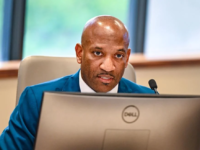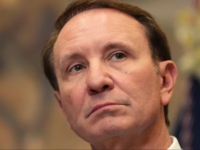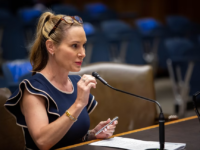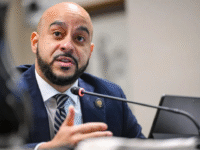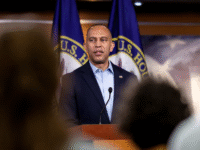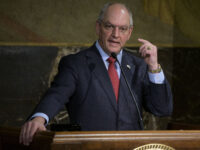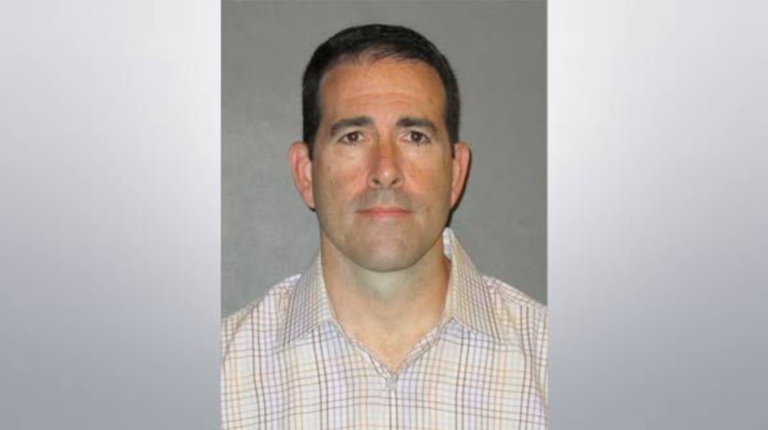In a move that all but telegraphs a cynical “business as usual” in state government, Governor Jeff Landry has tapped Bruce Greenstein—ex-health secretary under former Governor Bobby Jindal and a man with a notorious cloud of scandal trailing him—to once again lead Louisiana’s Department of Health. Greenstein’s appointment, announced April 11, has outraged watchdogs and progressives who see it as yet another sign of a “post-consequences” world in the Landry era, where political pedigree and donor dollars supersede accountability.
Greenstein’s history is no secret. He resigned amid a federal investigation into a lavish $200 million Medicaid contract awarded to his former employer, Client Network Services Inc. (CNSI). Authorities alleged he’d stacked the deck so CNSI could nab the lucrative deal. Though Greenstein was never federally charged, a state grand jury indicted him on nine counts of perjury in 2013, pointing to a trove of messages with company insiders. Prosecutors claimed he’d even suggested changes to bid criteria to favor CNSI. Greenstein pleaded not guilty, insisting he had only “personal” chats with company execs.
At the time, the Jindal administration was adamant about Greenstein’s culpability. “This was really corruption from the very highest level. This thing stunk from the very beginning,” said then-Assistant Attorney General David Caldwell, whose office empaneled the grand jury.
Enter Jeff Landry himself — then the state’s attorney general — who dropped the case just two years later, citing insufficient evidence. By no coincidence, perhaps, campaign finance records show CNSI coughed up more than $50,000 to boost Landry’s campaign and allied political action committees during his run for office. Once the charges vanished, Greenstein hopped aboard the Trump administration as chief technology officer at Health and Human Services, later landing at Lafayette-based LHC Group as an executive.
The speed with which Greenstein’s checkered history has been disregarded—and transformed into a prime qualification—speaks volumes about Louisiana’s political culture. Instead of drawing a line in the sand, Landry boasts that Greenstein is the “most qualified person” for a role that oversees a sprawling network of hospitals, clinics, and Medicaid programs. Surgeon General Ralph Abraham, meanwhile, praises the appointment as a chance for “transformative change” in health care.
This pattern—well-connected figures with legal or ethical baggage reemerging at the pinnacle of state government—has become emblematic of the modern Republican playbook in Louisiana. Rather than acknowledging his compromised past, officials are content to paint Greenstein’s pivot from indicted health boss to private-sector player to returning cabinet member as a triumphant comeback, no matter how many red flags are flying.
Greenstein himself is in full spin mode, claiming he’s more committed than ever to driving change. That’s a tall order in a climate where the public is increasingly convinced that personal connections and corporate fealty weigh heavier than professional rectitude. The specter of backroom deals and questionable donations seems destined to loom over Louisiana’s health apparatus.
For a state consistently at the bottom of national health rankings—and regularly grappling with ballooning Medicaid budgets—handing the reins back to an individual with documented conflicts of interest is a stark reminder: In the Landry administration’s universe, political kinship trumps the appearance of impropriety. And once again, Louisiana’s communities are left to wonder if health care policy is being made for their benefit—or to reward those whose biggest asset is loyalty to the powers that be.

